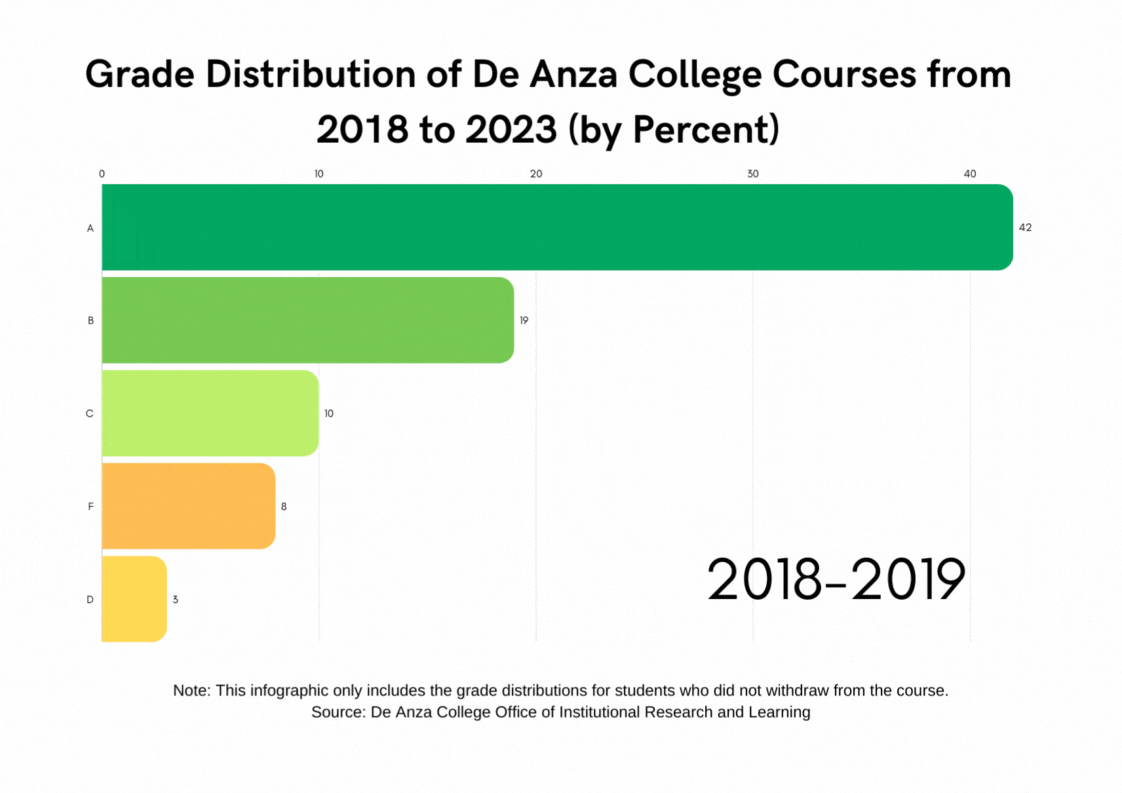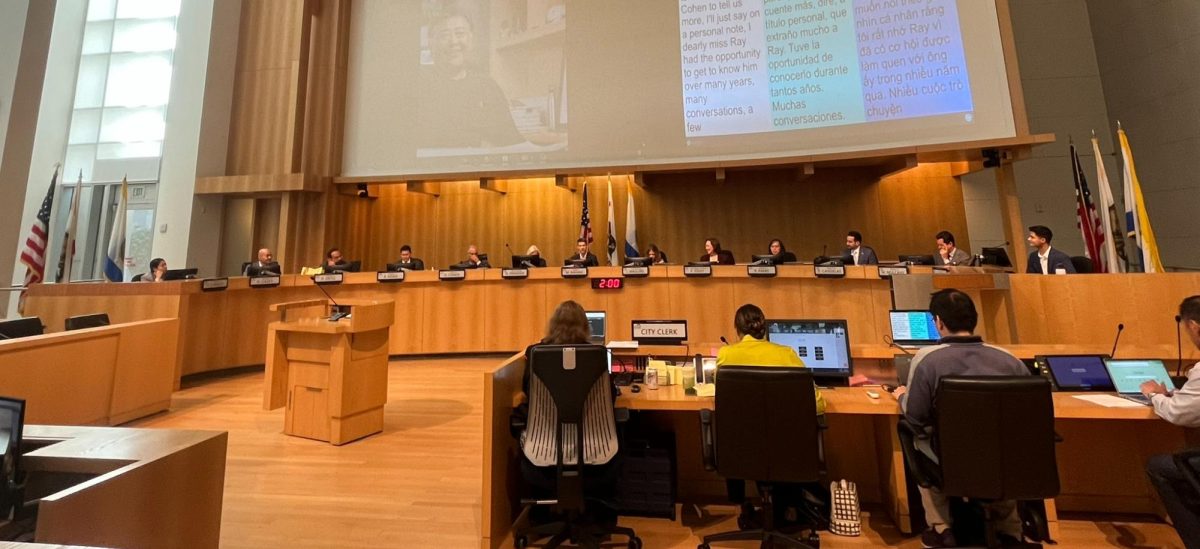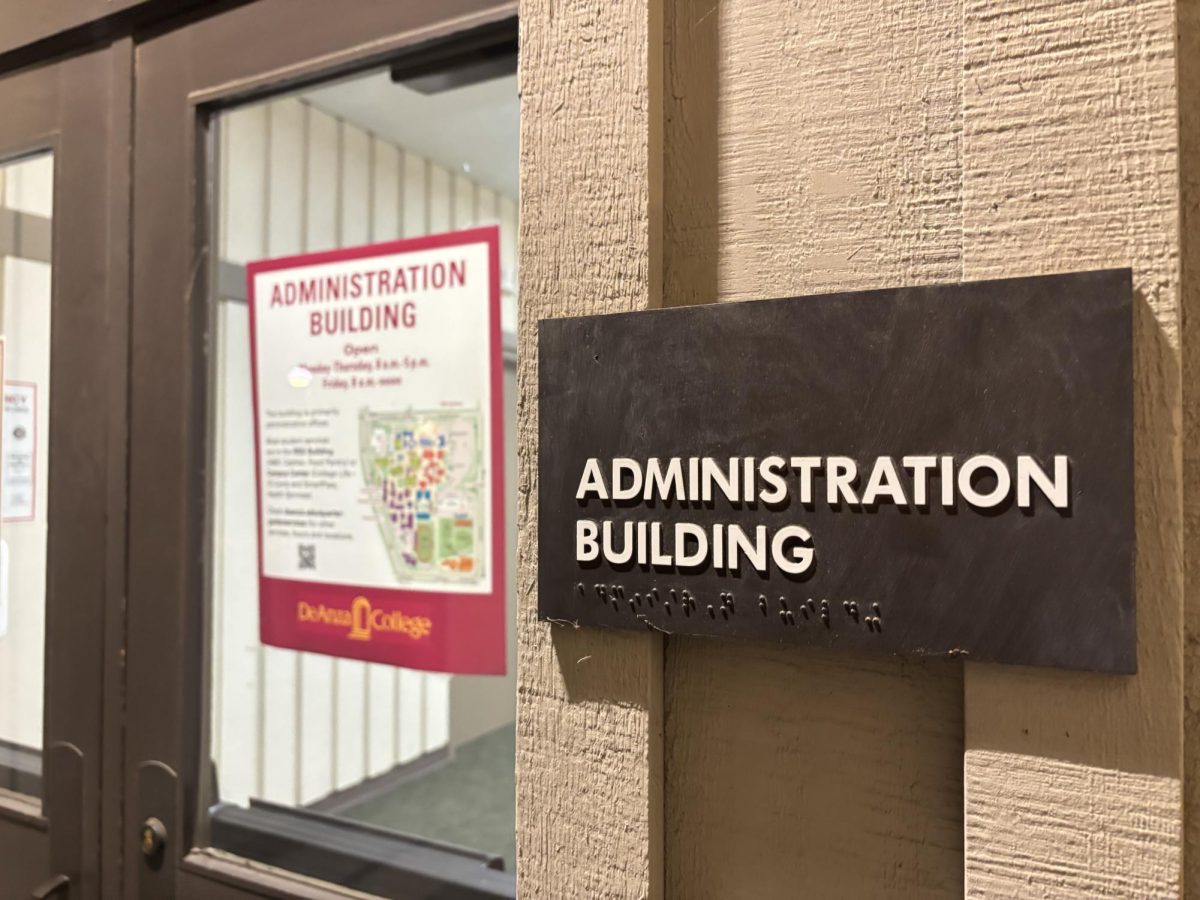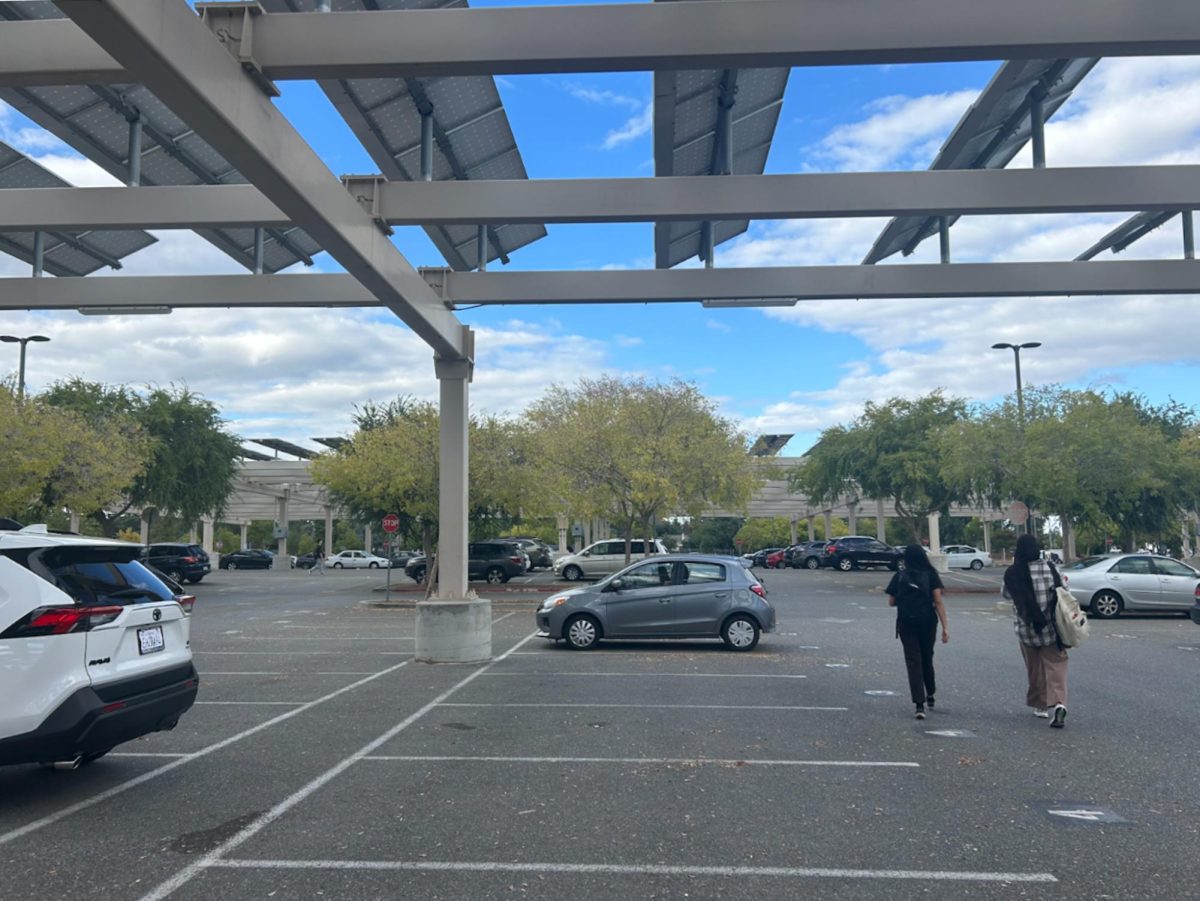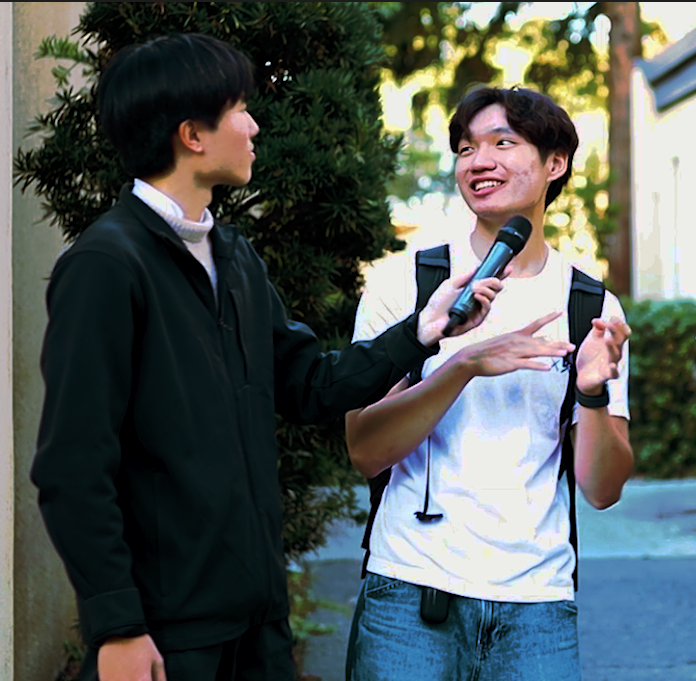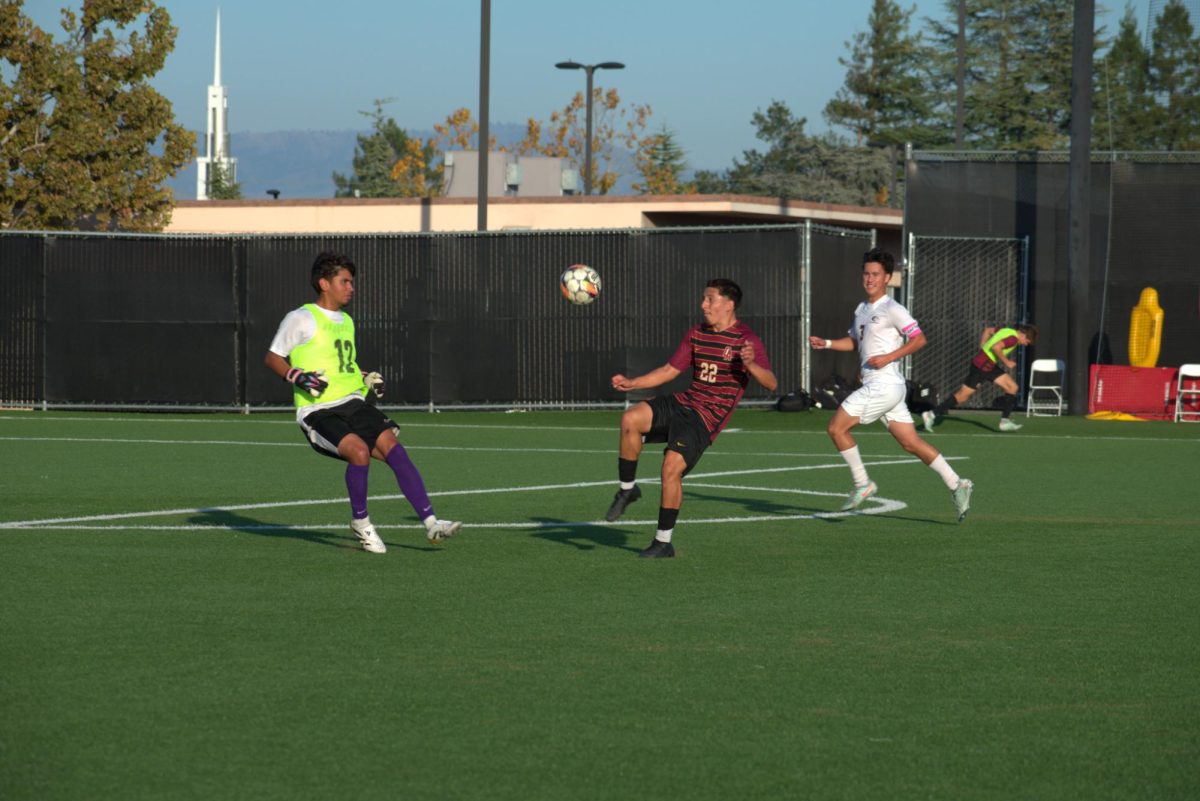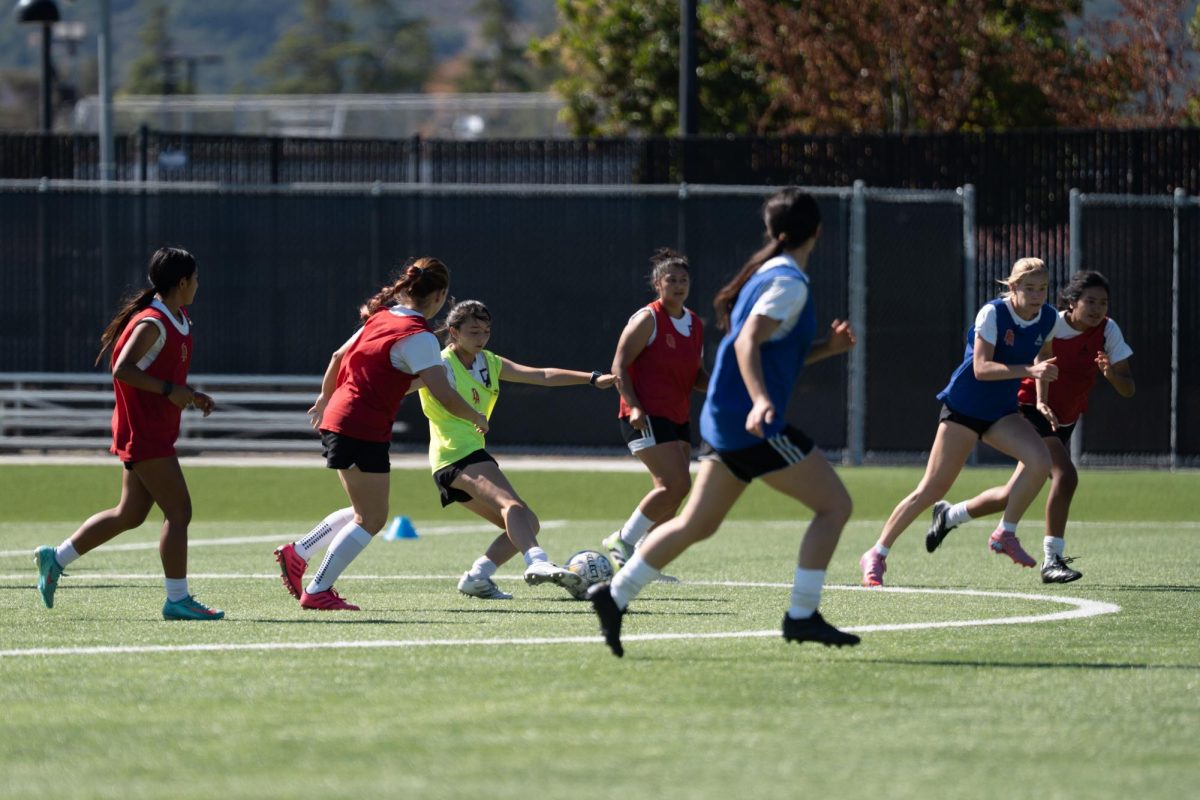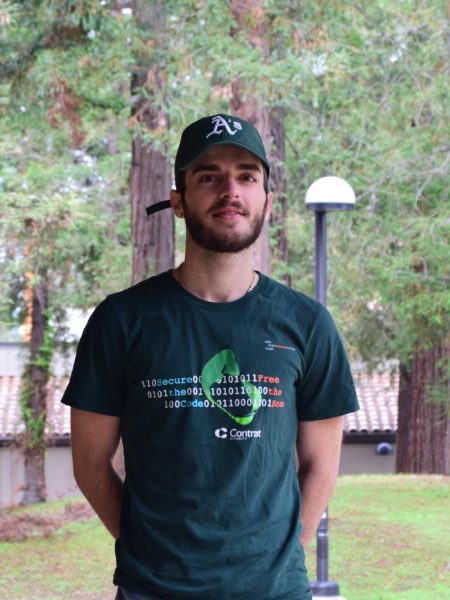More students are failing classes at De Anza (among all other colleges across the nation) at an alarming rate, since 2018, as shown by De Anza College Office of Institutional Research and Planning’s Grade Distribution Analysis, 2018-19 to 2022-23.
College has traditionally been a time of significant growth and achievement for students as they become independent and develop a sense of responsibility and dedication towards reaching their goals. But, with the rapid advancement of technology, COVID-19’s effects on education and schooling and a dramatic cost of living increase in the Bay Area, college students and professors alike are overwhelmed before even registering for their first quarter.
Many students must contribute to, or pay rent and other bills that require them to allocate much of their time to working part-time, full-time and in some cases, even more than that. School requires more than just attendance of the scheduled class in order to pass.
Professors and faculty recognize the phenomenon and want to see students succeed, as expressed by Chair of the Department of Business and Professor of business at De Anza, Michele Fritz.
“So that means that they (students) can’t allocate as much time to studying and preparing and doing the homework so they just have to kind of skip some stuff, right? And so that doesn’t work out,” Fritz said. “There’s an advantage if you’re a full-time student, so if you’re a full-time employee and you’re also a full-time student, it means you’re two people, right? I mean, who can do that?”
The development and advancement of technological tools and applications is forcing students and professors to learn new methods and tools like never before in history. Professors who have, for years, taught and graded a particular course may have trouble adapting to teaching a technology-heavy course.
Some professors have decided to try and embrace new technologies and utilize them to enhance their teachings.
“For instance, one of my English teachers is having us actually use ChatGPT to complete an assignment because it’s inevitable to prevent students from using things like that,” 22-year-old, business major, Oliver Kraustrak said. “I think it’s crazy and it’s changed significantly how much work I can get done so far, and I think it will continue to do so.”
Young students who are coming straight from high school have not quite noticed a significant change in difficulty of coursework from high school to college.
Amaya Khan, 18, biomedical engineering major was asked about whether she’s noticed any changes to the coursework or grading styles in her first two quarters here at De Anza, compared to high school and said, “No, not really.”
For young students fresh out of high school who may have less necessity to work and pay bills, as they may still live with parents, this may be a moment of opportunity to recognize this trend ahead of time and allocate adequate time and energy towards classes now, rather than later.



